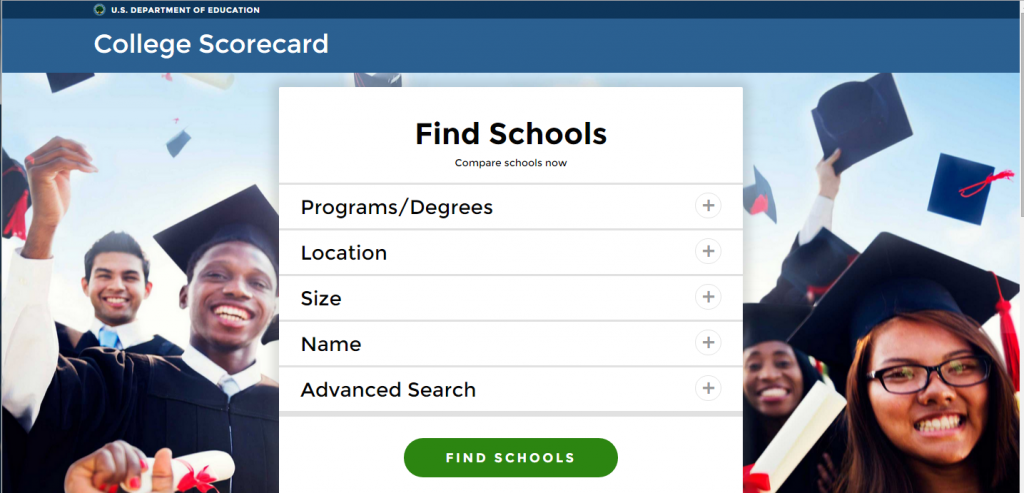Merit-based compensation increase for USHE employees crucial to remaining competitive in a national market

A 3% merit-based compensation increase (and a 7.3% health increase) is the top budget priority for the Utah System of Higher Education (USHE). Competitive compensation allows USHE to hire—and maintain—the best talent for Utah college students. Utah competes in a national marketplace for faculty talent. The average compensation for USHE faculty and staff is consistently lower… Continue Reading Merit-based compensation increase for USHE employees crucial to remaining competitive in a national market
2016 Legislative Update – Week 3
Higher Education Budget The Higher Education Appropriations Subcommittee met for its final scheduled hearing this week, focusing on the Board of Regents’ budget priorities for USHE. The committee also considered other budget requests from other legislative sponsors. After the Board’s budget priorities by Chair Dan Campbell and Commissioner Buhler, Senator Howard Stephenson commented, “To the… Continue Reading 2016 Legislative Update – Week 3
2016 Legislative Update – Week 1
Overview The 2016 Session of the Utah State Legislature got underway Monday, January 25, and will conclude Thursday, March 11. It is anticipated there will be several bills with potential impact to the Utah System of Higher Education, all of which will be carefully tracked by the Commissioner’s Office and institutions. 2016-2017 Budget According to… Continue Reading 2016 Legislative Update – Week 1
Using the state’s Education Fund for higher ed is not only appropriate, it’s critical to Utah’s success

It’s been proven time and again that those with a college education have a significantly higher earning potential, lower unemployment rates, and better health and well-being than those with only a high school diploma. Higher education also breaks the cycle of intergenerational poverty and reduces reliance on government assistance. Utah’s affordable and high-quality public… Continue Reading Using the state’s Education Fund for higher ed is not only appropriate, it’s critical to Utah’s success
USHE building priorities are vital to keep up with student growth
Board of Regents Prioritization of Capital Development Projects Unlike local school districts in K-12 that use property tax for support of facilities, higher education must rely on state appropriated funding from the Legislature to fund its facilities. The Board of Regents annually reviews system-wide capital development needs and prioritizes project requests which are then considered… Continue Reading USHE building priorities are vital to keep up with student growth
USHE releases ten-year strategic plan, open for public comment

Utah is a state of opportunity. As the state with the youngest population in the nation and a quickly growing economy, Utah is full of opportunity. It continually ranks as the top state for business, career opportunity and economic competitiveness. To maintain this upward trajectory, higher education is critical. Today’s jobs require an increasing amount of… Continue Reading USHE releases ten-year strategic plan, open for public comment
2016-17 USHE capital facilities requests prioritized by Board of Regents
In preparation for the 2016 legislative session, the Utah State Board of Regents prioritized the state-funded capital facilities requests from institutions in the Utah System of Higher Education (USHE) during the Board of Regents meeting at Utah State University on Friday, September 18. Each year, the Regents re-evaluate the capital facilities needs of USHE institutions. This… Continue Reading 2016-17 USHE capital facilities requests prioritized by Board of Regents
Math and Graduation: Overview of SB 196 – Math Competency Initiative
***This is an archived post. Please see ushe.edu/initiatives/prior-learning-assessment for the most current information. This is the fifth article in a multi-part series about math in high school and college leading to completion of a degree or certificate. The first article focused on math and high school preparation, the second on developmental/remedial math, the third on math… Continue Reading Math and Graduation: Overview of SB 196 – Math Competency Initiative
2016 Legislative Budget Priorities approved by the State Board of Regents

The Utah State Board of Regents approved the Utah System of Higher Education (USHE) budget priorities during its meeting on September 18 at Utah State University in preparation for the 2016 legislative session. “These budget priorities reflect the most pressing needs of our state’s higher education institutions as well as the strategic objectives of the Board… Continue Reading 2016 Legislative Budget Priorities approved by the State Board of Regents
U.S. Department of Education launches revised College Scorecard

The U.S. Department of Education has unveiled a new College Scorecard intended to better inform prospective students, the public, and policymakers about graduation rates and college students’ earnings once in the workforce. Any college or university in the United States eligible to participate in Federal Student Financial Assistance programs (e.g., credit-granting institutions) is available to… Continue Reading U.S. Department of Education launches revised College Scorecard
